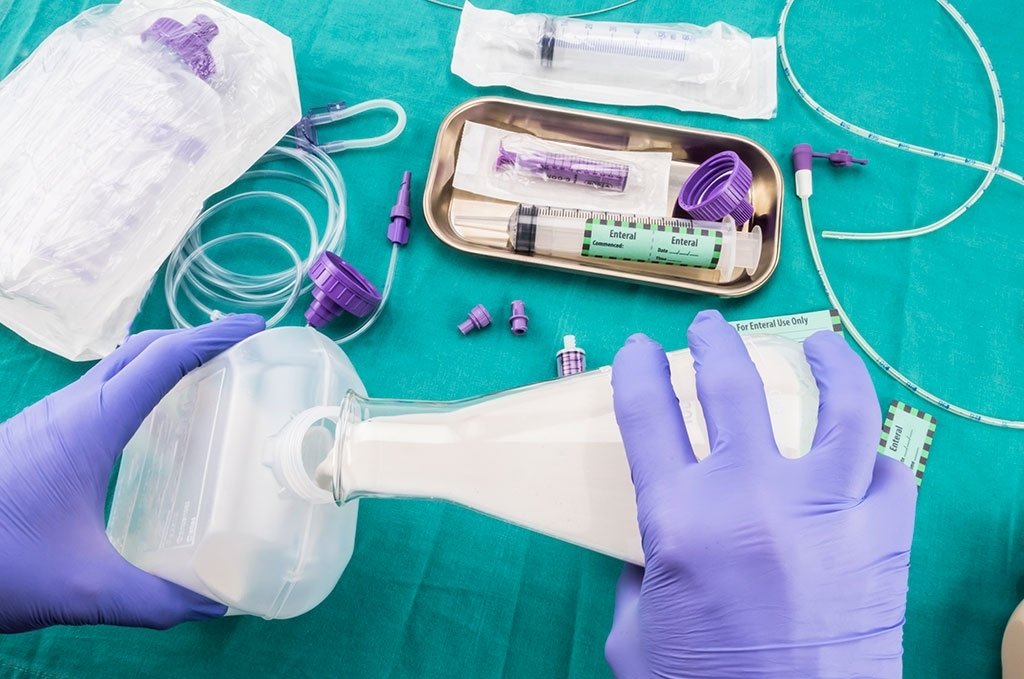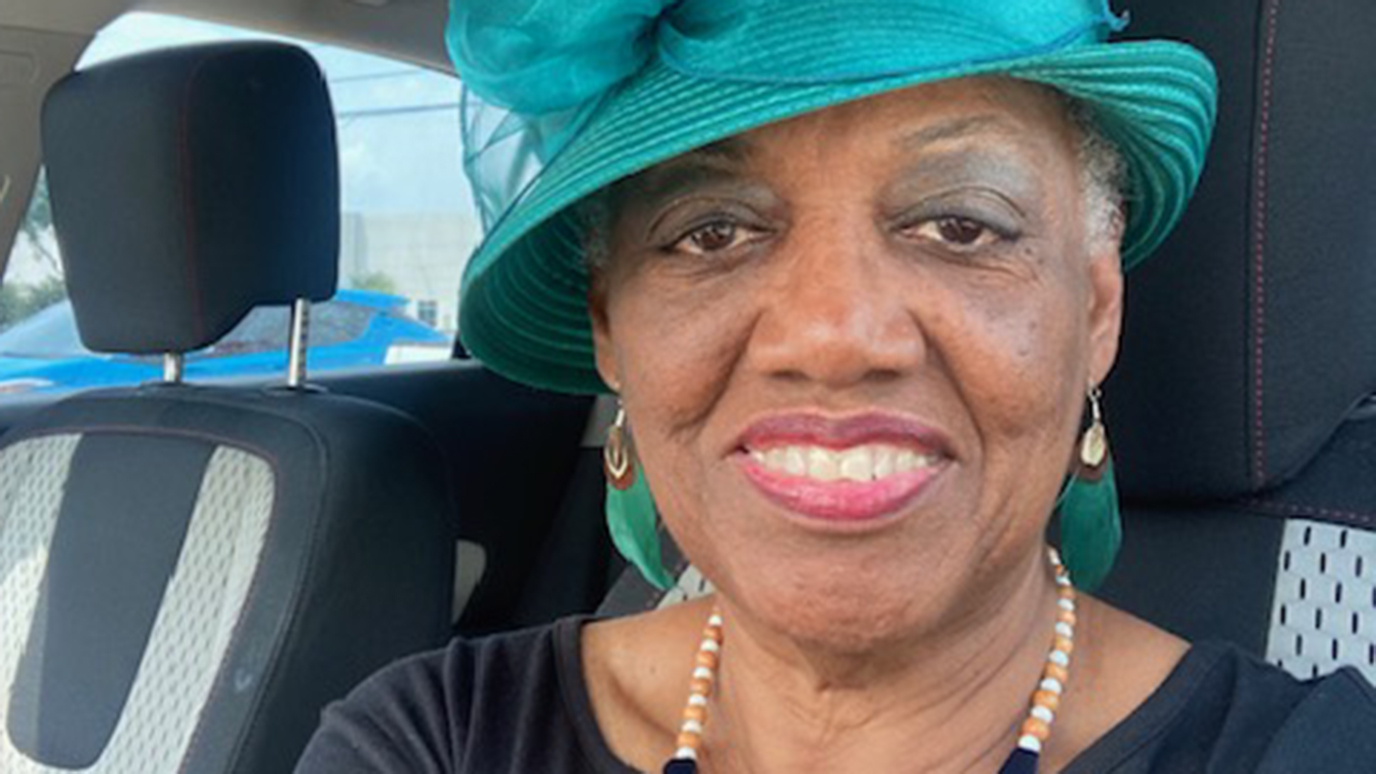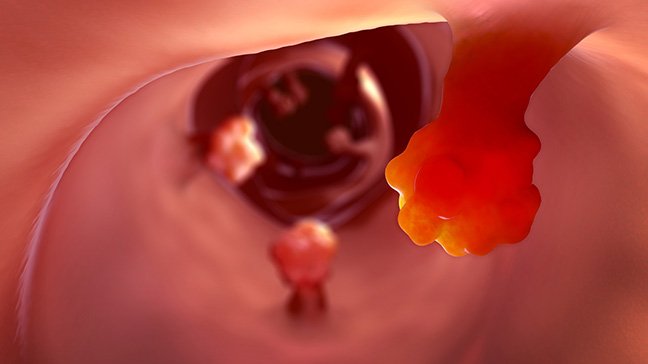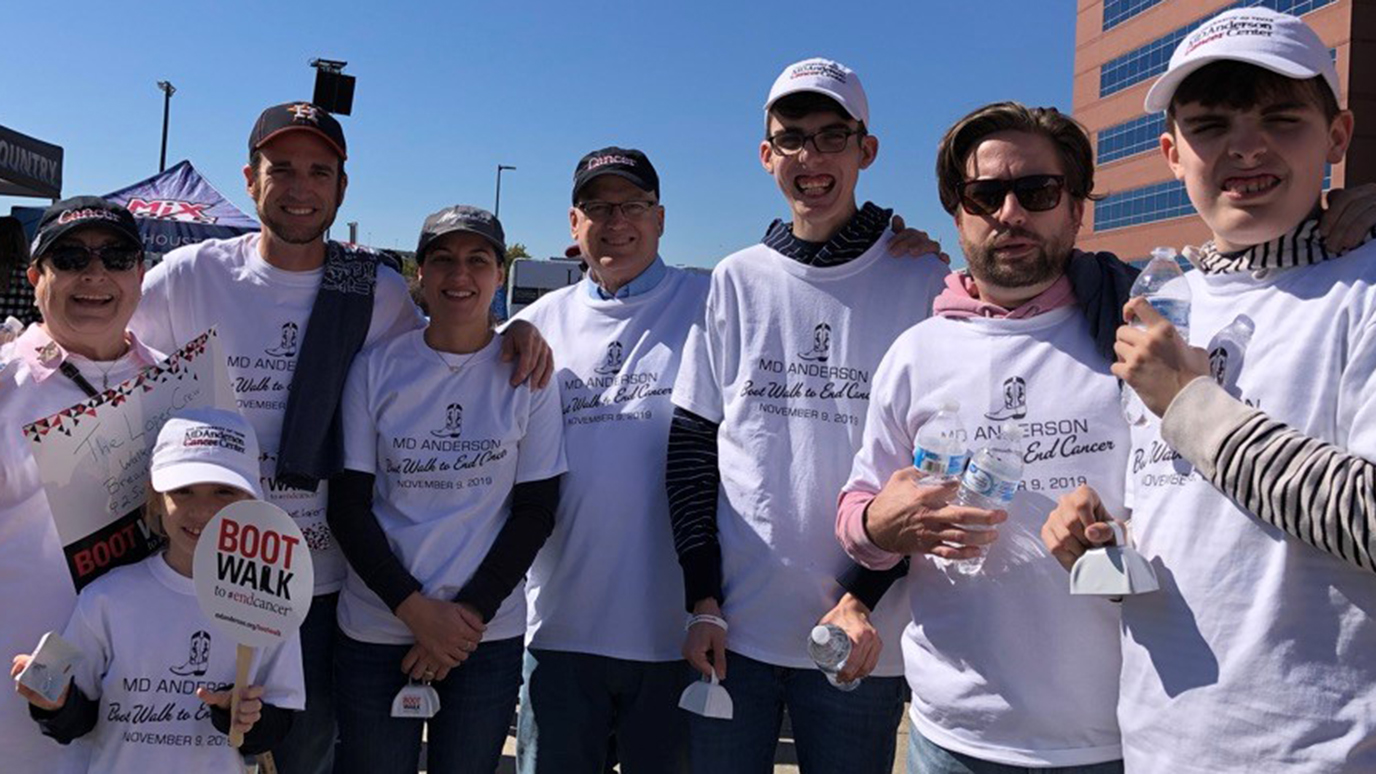- Diseases
- Acoustic Neuroma (14)
- Adrenal Gland Tumor (24)
- Anal Cancer (68)
- Anemia (2)
- Appendix Cancer (16)
- Bile Duct Cancer (26)
- Bladder Cancer (72)
- Brain Metastases (28)
- Brain Tumor (232)
- Breast Cancer (714)
- Breast Implant-Associated Anaplastic Large Cell Lymphoma (2)
- Cancer of Unknown Primary (4)
- Carcinoid Tumor (8)
- Cervical Cancer (158)
- Colon Cancer (166)
- Colorectal Cancer (116)
- Endocrine Tumor (4)
- Esophageal Cancer (44)
- Eye Cancer (36)
- Fallopian Tube Cancer (8)
- Germ Cell Tumor (4)
- Gestational Trophoblastic Disease (2)
- Head and Neck Cancer (12)
- Kidney Cancer (128)
- Leukemia (342)
- Liver Cancer (50)
- Lung Cancer (286)
- Lymphoma (278)
- Mesothelioma (14)
- Metastasis (30)
- Multiple Myeloma (100)
- Myelodysplastic Syndrome (60)
- Myeloproliferative Neoplasm (4)
- Neuroendocrine Tumors (16)
- Oral Cancer (100)
- Ovarian Cancer (172)
- Pancreatic Cancer (160)
- Parathyroid Disease (2)
- Penile Cancer (14)
- Pituitary Tumor (6)
- Prostate Cancer (146)
- Rectal Cancer (58)
- Renal Medullary Carcinoma (6)
- Salivary Gland Cancer (14)
- Sarcoma (238)
- Skin Cancer (294)
- Skull Base Tumors (56)
- Spinal Tumor (12)
- Stomach Cancer (64)
- Testicular Cancer (28)
- Throat Cancer (92)
- Thymoma (6)
- Thyroid Cancer (96)
- Tonsil Cancer (30)
- Uterine Cancer (80)
- Vaginal Cancer (16)
- Vulvar Cancer (20)
- Cancer Topic
- Adolescent and Young Adult Cancer Issues (20)
- Advance Care Planning (10)
- Biostatistics (2)
- Blood Donation (18)
- Bone Health (8)
- COVID-19 (362)
- Cancer Recurrence (120)
- Childhood Cancer Issues (120)
- Clinical Trials (630)
- Complementary Integrative Medicine (22)
- Cytogenetics (2)
- DNA Methylation (4)
- Diagnosis (232)
- Epigenetics (6)
- Fertility (62)
- Follow-up Guidelines (2)
- Health Disparities (14)
- Hereditary Cancer Syndromes (126)
- Immunology (18)
- Li-Fraumeni Syndrome (8)
- Mental Health (116)
- Molecular Diagnostics (8)
- Pain Management (62)
- Palliative Care (8)
- Pathology (10)
- Physical Therapy (18)
- Pregnancy (18)
- Prevention (912)
- Research (392)
- Second Opinion (74)
- Sexuality (16)
- Side Effects (604)
- Sleep Disorders (10)
- Stem Cell Transplantation Cellular Therapy (216)
- Support (402)
- Survivorship (320)
- Symptoms (182)
- Treatment (1786)
LGBTQ+: What to know about cancer prevention
5 minute read | Published September 24, 2020
Medically Reviewed | Last reviewed by an MD Anderson Cancer Center medical professional on September 24, 2020
Last updated June 9, 2022
Your risk for cancer is linked to many factors, and some people are at greater risk than others.
Certain ethnic groups and people with a family history of cancer have a higher cancer risk. So do people from sexual and gender minority groups, such as lesbian, gay, bisexual and transgender individuals.
If you are a member of the LGBTQ+ community, you can take steps to reduce your risk for cancer.
We talked to MD Anderson Training Specialist Mary-Ann Ball, who has taught thousands of MD Anderson employees about the unique cancer prevention challenges faced by members of the LGBTQ+ community.
Here’s her advice to help you get the best cancer prevention and treatment available.
Find a doctor you trust
The most important thing is to try your best to find a doctor you can be totally honest with. This will help you in many ways. Not only will you be able to focus more closely on your health and not on the fear of being discovered.
Your doctor will also:
- be able to collect more accurate information and tailor medical care to you,
- more clearly understand the stresses in your life and get a better picture of what you need, and
- be able to help you ensure that your partner, if you have one, is included in your health care experience.
You can use the Healthcare Equality Index to help you find an inclusive health care provider. Some also display a rainbow sticker to signal a safe space, or you might see the equal rights sticker.
“Once you have established a trusting relationship, many other issues can be addressed more easily,” says Ball.
Stay on top of your routine health exams
When it comes to cancer, it’s important to find the disease early, when it’s easiest to treat. And it’s important to get the right screening exams at the right age.
Screening exams may correspond more closely with your gender at birth, even if you have been through a surgical transition. So, make sure your doctor knows the full story in order to help you get the right care.
“Each piece of information, including your gender identity and sexual orientation, and where you are with any transition, is important for your doctor to know,” says Ball.
Be aware of how hormones affect your cancer risk
Hormones play a part in the development of several types of cancer. So, if you take hormones as part of a gender transition or for another reason, this can raise your risk for cancer.
Make sure that you are open with your doctor. Be aware of your body and report any symptoms early so they can be investigated.
“For example, if you are a trans man who has not gone through surgery, and your doctor doesn’t know you were a female at birth, symptoms that could be linked to a disease like uterine cancer might get overlooked.”
Get help for tobacco, alcohol and drug use
Tobacco is the leading cause of cancer-related deaths, so it’s important to get help to quit.
“Research shows that members of the LGBTQ+ community are more likely to smoke or use other forms of tobacco like e-cigarettes,” says Ball.
The best way to quit tobacco is to use medications and get counseling.
Counseling is especially important if you struggle with problems like depression and anxiety. These can become difficult to cope with if you try to quit alone.
MD Anderson has several research studies that offer smoking cessation support for Texas residents. Fill out our screening questionnaire to find a study that’s right for you, no matter what stage you’re at in your quitting journey.
It’s also important to get help for addictions to alcohol and drugs. Alcohol is linked to several cancers, including breast cancer, colorectal cancer and liver cancer.
Be aware of your body and report any symptoms early so they can be investigated.
Get the HPV vaccine
HPV is the most common sexually transmitted disease and is linked to anal, penile and cervical cancers, as well as cancers of the throat and tonsils and the vulva and vagina.
The virus is spread through sexual contact. Condoms don’t protect against HPV because it lives on the skin.
In almost all cases, the body clears HPV without any symptoms. In a small number of cases, the virus stays for longer and causes cell changes that can lead to cancer many years in the future.
Everyone is at risk for HPV, although research shows that gay men have a higher risk of getting it.
The HPV vaccine protects you from most types of the virus. Everyone ages 9 to 26 should get the HPV vaccine. It is most effective when given at ages 11 to 12. Unvaccinated men and women ages 27 to 45 should talk to their doctor about the benefits of the HPV vaccine.
Maintain a healthy weight
If you are overweight or obese, your risk for cancer is higher because the extra weight causes inflammation in your body. It also leads to hormonal changes that are linked to cancer.
The best way to maintain a healthy weight it is to eat a plant-based diet and exercise.
A plant-based diet includes vegetables, fruits, whole grains and also allows lean protein like chicken, fish and plant proteins. Fill two-thirds of your plate with plants and the remaining one-third with lean protein.
Aim to get at least 150 minutes of moderate exercise or 75 minutes of vigorous exercise every week and do a strength training routine twice a week.
Find tailored help
Finally, it may be possible to find healthy living support programs specifically designed for the LGBTQ+ community. Programs that cater to your needs and background are likely to be most effective as you work to reduce your cancer risk.
“If you can find a program that is designed for you, it will be easier for you to stay connected to the vital health care support that you need,” says Ball.
Request an appointment at MD Anderson online or by calling 1-844-201-0165.
Related Cancerwise Stories

Once you have a trusting relationship, other issues can be addressed more easily.
Mary-Ann Ball
Training Specialist





